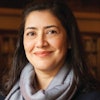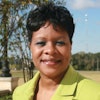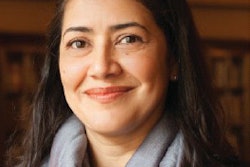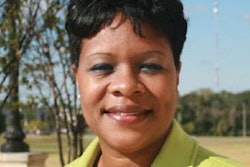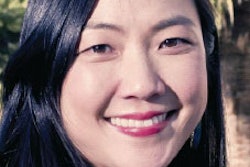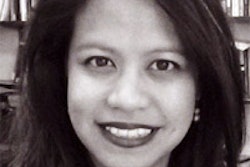Growing up in the Bronx, Dr. Jillian Lucas Baker was fortunate to have a strong family support system cheering her on from the sidelines. “I lived with parents, grandparents and great-grandparents in one house,” says Baker, who recalls the living quarters that she once shared with nine other people until she headed off to college in the late 1990s. “Having my elders in my life had a huge influence on me because they were big on education.”
Though she was the fi rst in her immediate family to attend college — gaining acceptance into the prestigious University of Pennsylvania — her accomplishments were celebrated by family members who remained deeply supportive even as she decided to press on for an advanced degree.
Now, at the age of 35, Baker is an assistant professor in the Master of Public Health Program at La Salle University and credits her family and mentors like Dr. Loretta Jemmott, a world-class researcher and nursing faculty at the University of Pennsylvania, with helping her to develop a keen interest in public health issues.
Baker’s dramatic rise to become one of the nation’s leading researchers on developing ways to stem the HIV crisis, particularly in minority communities, was hardly predictable.
